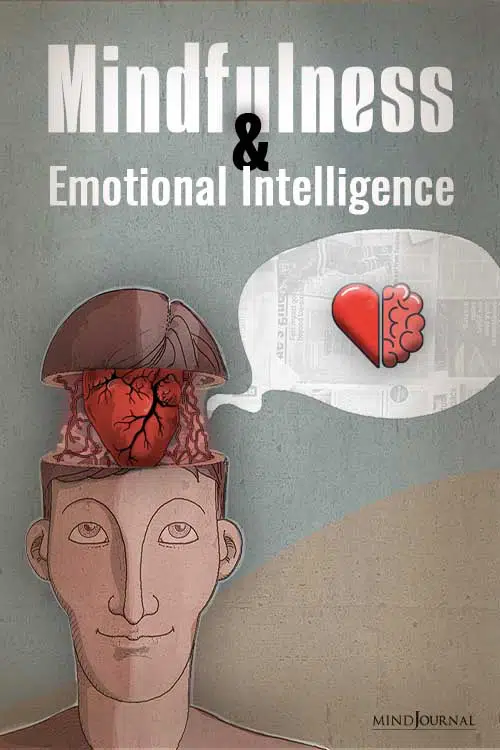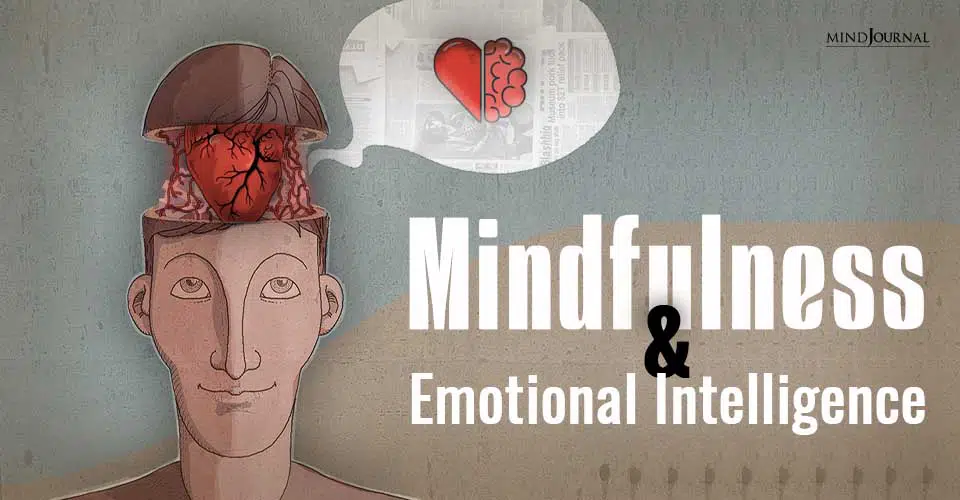Mindfulness practices can significantly upgrade your internal operating system.
Childhood attachment experiences have profound impacts on our mental-emotional architecture and our capacity for healthy relationships.
Negative, problematic early attachment experiences commonly leave legacies of lasting life challenges, including difficulties in psychological flexibility and emotional regulation that adversely affect people’s ability to be empathic and compassionate and experience intimacy and connectedness.
Many of the beneficial effects of mindfulness and meditation bear a remarkable resemblance to the characteristics of people who grow up with healthy, attuned attachments. In this way, mindfulness practice can effectively upgrade our internal operating system.
A computer’s operating system (OS) enables the hardware to operate and communicate with the software. Hardware includes the physical components of a computer system—the central processing unit (CPU), keyboard, hard drive, power supply, etc.
Software refers to organized collections of computer data and instructions and consists of programs that permit a computer to perform specific tasks, such as online searches, email, word processing, and anti-virus protection. The operating system is the core set of programs that run the computer and upon which all other programs rely on in order to operate.
Related: What Is Your Greatest Internal Struggle? QUIZ
Human hardware includes the brain, nervous system, and the body, while the software consists of our thoughts, emotions, and physical sensations.
The human OS consists of our relationship to others, ourselves, the world around us as well as our spiritual connection. It assigns meaning to our thoughts, emotions, and physical sensations; mediates between our internal and external experiences; links our neurophysiology with our thoughts and feelings; and determines the quality of our interactions.
Operating system updates correct program incompatibilities, discovered errors, and security vulnerabilities. Operating system upgrades improve overall functioning.
Mindfulness can upgrade your internal operating system by helping to make the unconscious conscious and create the space for reasoned and skillful responses, even in the face of highly charged feelings. Stress, anxiety, fear, and anger lose their grip more easily and quickly, giving you greater freedom of choice to respond intentionally rather than to react reflexively.
Mindfulness promotes emotional regulation and mitigates impulsivity by increasing the gap between stimulus (what happens to us) and response (what we do with what happens to us). The crucial importance of this gap is vividly encapsulated in a paraphrase of Viktor Frankl’s description in Man’s Search for Meaning of how he survived the horrors of life in a Nazi death camp during World War II: Between stimulus and response, there is a space. In that space is the opportunity to choose our response. In our response lies our growth and our freedom.
Related: 6 Mindful Techniques To Discover Your Path In Life
How Mindfulness Practice Upgrades Your Internal Operating System?
Part of how this happens is by increasing emotional intelligence. Unlike IQ or formal intelligence/intellect, which is generally fixed and stable throughout life, emotional intelligence (EI) refers to a range of internal and interpersonal skills that can be acquired and improved with practice.
Although some people are naturally more emotionally intelligent than others, you can develop high emotional intelligence even if you weren’t born with it.
Internal EI skills include the ability to identify one’s own emotions, be consciously aware of them as they happen, and regulate them and their effects on one’s behavior. Interpersonal or interactional EI skills include the ability to accurately sense and empathize with the emotions of other people and use the awareness of your own emotions and those of others to negotiate interactions skillfully. These skills are part and parcel of mindfulness practice.
Emotional intelligence requires effective communication between the rational, logical part of the brain—the prefrontal cortex—and the emotional part of the brain, centered in the amygdala within the limbic system. Mindfulness is a bridge that connects these two areas of the brain, and consistent practice of these skills builds new neural pathways that over time become stronger and more efficient.
Mindfulness can help you better tolerate and stay with difficult emotions, so they don’t hold you hostage. You can increase your ability to bear discomfort—physically and emotionally—and be present with it, without being suffocated by it or needing to push it away. When you enlarge your capacity to bear emotional discomfort, you are less likely to react automatically to your emotions or let them control you.
More people struggle with anxiety than perhaps any other emotion. The word worry originates from an old English word for strangle. The anxiety that comes with worrying, with its anticipatory fear of what might or could possibly happen in the future, strangles your ability to be skillful in the here and now.
Related: The Healing Power Of Gratitude
Mindfulness practice can prepare you to recognize and observe the experience of anxiety, fear, sadness, guilt, depression, loneliness, emptiness, frustration, anger, and other distressing emotions—along with the negative thinking that both contribute to these emotions and is reinforced by them—with acceptance and perspective. As the Buddha observed in the Sutta-Nipāta:
If one going down into a river,
swollen and swiftly flowing,
is carried away by the current—
how can one help others across?
Copyright 2019 Dan Mager, MSW
Written by: Dan Mager
Originally appeared on: Psychology Today
Republished with permission









Leave a Reply
You must be logged in to post a comment.